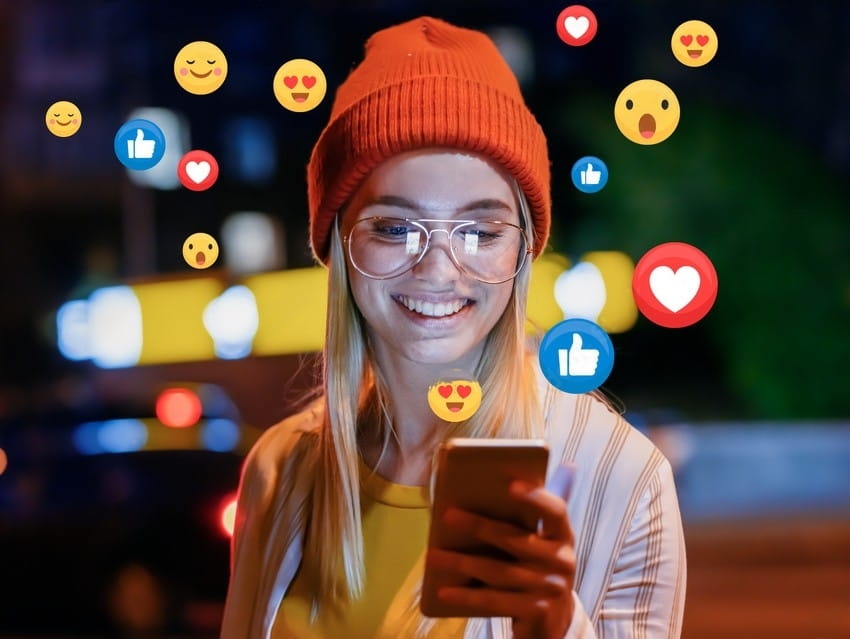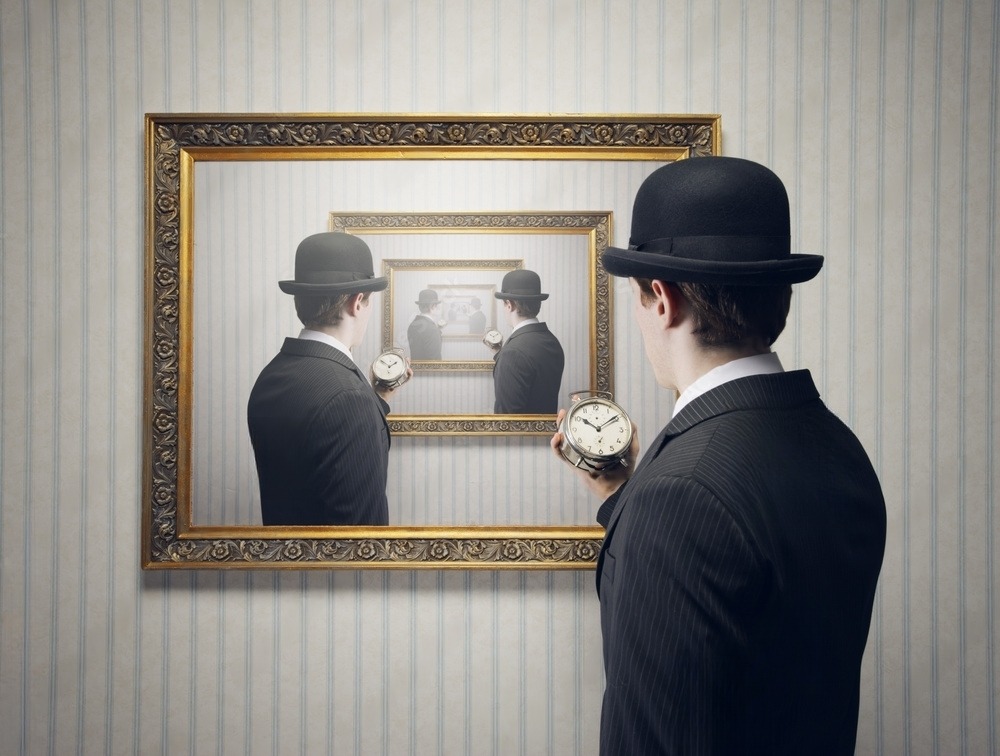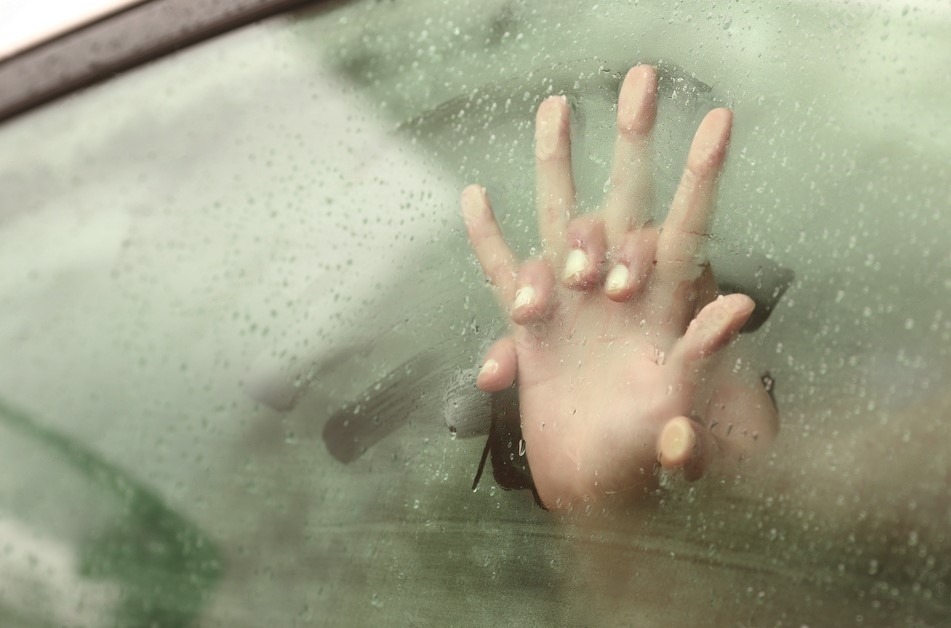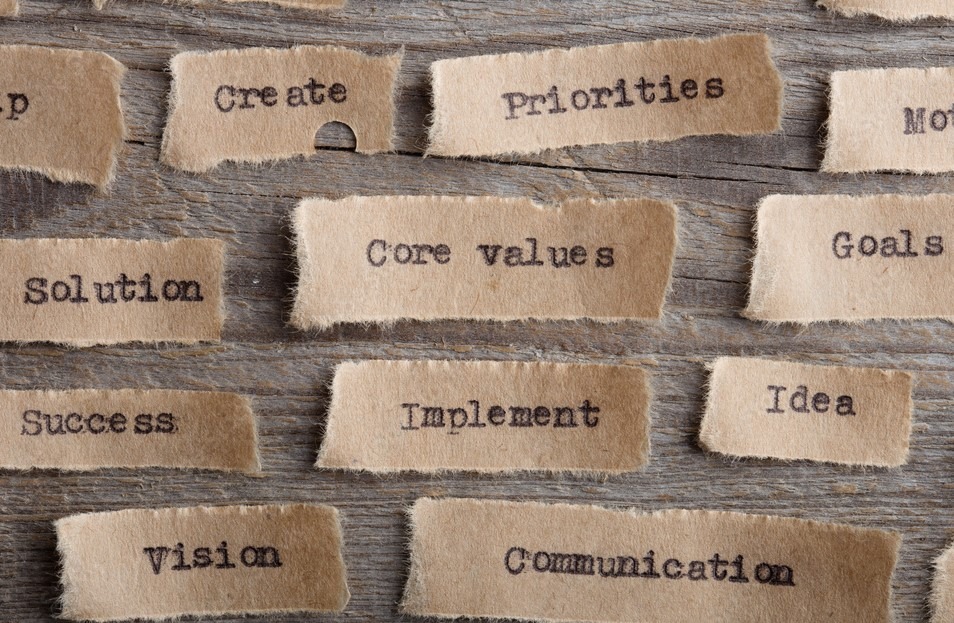As the fog of the holiday season and New Year’s excitement fades, we slowly fall back into our regular, everyday routines. That being said, this time of year also presents a unique perspective, because over the past few weeks we have had the opportunity to peer into others personal lives through their social media posts. Posts filled with emotions like joy, happiness, and excitement about how they celebrated the holidays, or even the new year. In today’s current day and age of technology this has slowly become our new normal, and we often are ingesting this information without a second thought. In this new normal, this poses an interesting question; what impact does exposure to social media play on an individual’s self-esteem.
Comparisons and Self Esteem
Self-esteem is as an individual’s perception of their worth or value. This perception of self can be influenced by many different factors ranging from thought patterns, life experiences and circumstances, personality and genetics, or even societal expectations and comparisons, just to name a few (Ackerman, 2022). With advancements in technology such as social media, we are easily able to access the world instantly at our fingertips. And although the benefits are limitless, the impact that this instant information can have on our self-esteem can also be detrimental. With a few quick taps of our fingers we are able to instantly gain access to a social validation loop that can provide evidence for our valuation of ourselves (Warrender & Milne, 2020). This loop can be both helpful or harmful depending on the perceptive one takes. If an individual uses social media to compare to other individuals that are struggling or are less skilled in the individual’s eyes, this downward comparison increases self-esteem, and elicits positive emotions and overall satisfaction. However, research has shown that rather than this downward comparison, individuals are more likely to make an upward comparison. That is, an individual is more prone to compare themselves to individuals whom they believe have a life or set of characteristics that are better than what they currently possess (Jan et al., 2017). When we consider the type of comparisons made on social media, it can be easily seen how the more common upward comparison can have a negative impact on an individual’s perception of their self, worth and value (Warrender & Milne, 2020).
Hidden Emotion
When we consider the factors of upwards and downward comparisons over the holiday season, it is clear why we have certain negative emotions emerging even after having a satisfying and fulfilling holiday season with friends or family. Before the day and age of social media, these comparisons were made between close friends and family; however, now we have access to an endless social circle which minimizes the importance of socioeconomic factors (Jan et al., 2017). Moreover, individuals have a higher tendency to present their ideal selves on social media, which adds on another layer of complexity when we consider the role of comparisons on social media. It is often rare to see an individual post their unfiltered struggles with mental health on social media, and even rarer are the posts about how lonely someone felt over the holiday season. However, the lack of these emotions on social media does not mean that they hold any less value. It is important to remember that oftentimes the images portrayed on social media, and the comparisons being made are to an idealized, and potentially unrealistic version of that individual (Warrender & Milne, 2020).
Passive interactions
Up until this point, this article has painted social media as this negative monster, which causes all sorts of distress on self-esteem; however, as equally as challenging as social media can be there is extensive research indicating that different types of interactions on social media have different types of impacts on an individual. The most common type of social media interaction is passive interaction, that is simply browsing and comparing with individuals given the limited context of the post. Research has shown that this type of interaction does have a significant negative impact on self-esteem and promotes emotions such as loneliness, envy and overall lower self-worth (Appel et al., 2016; Yang, 2016). On the other hand, interactions that are more active in nature such as posting or interactive conversation have shown to have the opposite effect on self-esteem and emotions. Research has shown that individuals who engage in an interactive manner on social media are more likely to promote positive emotions such as connectedness than those who are more passive in their actions (Yang, 2016). Although it may be easy to get caught in a pattern of mindless scrolling (or doom-scrolling, see Angela’s blog on our website), it is important to be aware of how we are engaging in social media behaviours and the impact that it may be having on our self-esteem.
Outside of Technology
The advancements in technology and social media have had a significant impact on how we navigate through our day to day lives, both positive and negative. When we consider the concept of self-esteem, worth, and value, it can become challenging to create a strong understanding of who we are as individuals, and what our role is in the bigger picture of society. Not only is it important to understand the role that comparison on social media has on our self-esteem, it is equally important to take a step outside the world of technology and develop a foundational understanding of who we are, what we value are and our true perception of ourselves. Each individual has a unique set of characteristics, values, and beliefs that shape who they are, and understanding these factors is critical in creating a strong sense of the real self. If you are interested in exploring how your unique self creates your own unique self-esteem, or simply interested in discovering the best version of yourself, book your risk-free consultation at Unstuck Psychological today.
Mallik Dhadwal, M.A
Registered Provisional Psychologist
References
Ackerman, C. E. (2022, November 18). What is self-esteem? A psychologist explains. PositivePsychology.com. Retrieved December 29, 2022, from https://positivepsychology.com/self-esteem/#definition-self-esteem
Appel, H., Gerlach, A. L., & Crusius, J. (2016). The interplay between Facebook use, social comparison, Envy, and depression. Current Opinion in Psychology, 9, 44–49. https://doi.org/10.1016/j.copsyc.2015.10.006
Jan, M., Soomro, S. A., & Ahmad, N. (2017). Impact of social media on self-esteem. European Scientific Journal, ESJ, 13(23), 329. https://doi.org/10.19044/esj.2017.v13n23p329
Warrender, D., & Milne, R. (2020). Social media, social comparison and mental health. Nursing Times, 116(3), 58–61.
Yang, C.-chen. (2016). Instagram use, loneliness, and social comparison orientation: Interact and browse on social media, but don’t compare. Cyberpsychology, Behavior, and Social Networking, 19(12), 703–708. https://doi.org/10.1089/cyber.2016.0201











